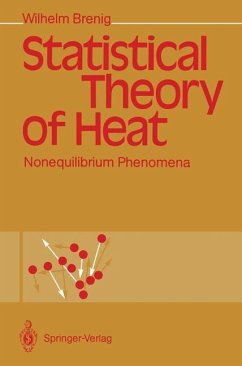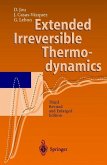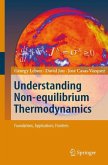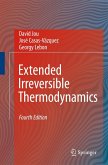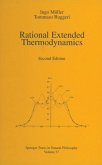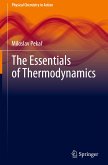This text on the statistical theory of nonequilibrium phenomena grew out of lecture notes for courses on advanced statistical mechanics that were held more or less regularly at the Physics Department of the Technical University in Munich. My aim in these lectures was to incorporate various developments of many-body theory made during the last 20-30 years, in particular the correlation function approach, not just as an "extra" alongside the more "classical" results; I tried to use this approach as a unifying concept for the presentation of older as well as more recent results. I think that after so many excellent review articles and advanced treatments, correlation functions and memory kernels are as much a matter of course in nonequilibrium statistical physics as partition functions are in equilibrium theory, and should be used as such in regular courses and textbooks. The relations between correlation functions and earlier vehicles for the formulation of nonequilibrium theory such askinetic equations, master equations, Onsager's theory, etc. , are discussed in detail in this volume. Since today there is growing interest in nonlinear phenomena I have included several chapters on related problems. There is some nonlinear response theory, some results on phenomenological nonlinear equations and some microscopic applications of the nonlinear response formalism. The main focus, however, is on the linear regime.
Hinweis: Dieser Artikel kann nur an eine deutsche Lieferadresse ausgeliefert werden.
Hinweis: Dieser Artikel kann nur an eine deutsche Lieferadresse ausgeliefert werden.

